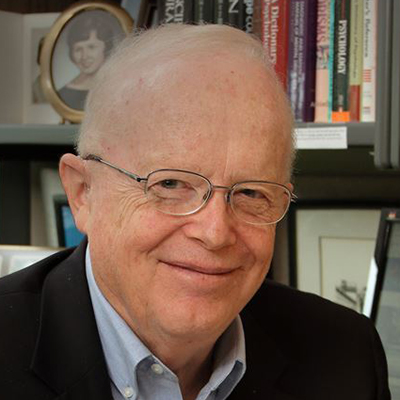-
About
Our Story
back- Our Mission
- Our Leadership
- Accessibility
- Careers
- Diversity, Equity, Inclusion
- Learning Science
- Sustainability
Our Solutions
back
-
Community
Community
back- Newsroom
- Discussions
- Webinars on Demand
- Digital Community
- The Institute at Macmillan Learning
- English Community
- Psychology Community
- History Community
- Communication Community
- College Success Community
- Economics Community
- Institutional Solutions Community
- Nutrition Community
- Lab Solutions Community
- STEM Community
- Newsroom
- Macmillan Community
- :
- Psychology Community
- :
- Talk Psych Blog
Talk Psych Blog
Options
- Mark all as New
- Mark all as Read
- Float this item to the top
- Subscribe
- Bookmark
- Subscribe to RSS Feed
Talk Psych Blog
Showing articles with label Affiliation.
Show all articles
Author
05-17-2018
07:09 AM
Gratitude works. A genuinely positive and repeated observation of positive psychology is that keeping a gratitude journal (literally counting one’s blessings), or writing a gratitude letter, benefits the giver as well as the receiver. For the gratitude recipient, there is joy and a warmed heart. For the gratitude giver, the frequent result—as shown in studies by Robert Emmons, Michael McCullough, Martin Seligman, and others—is increased physical and psychological well-being and prosociality. Having appreciated and reported on this lesson, I couldn’t resist sharing with my friends Emmons, McCullough, and Seligman (and with you, my readers) a little case example of how right they are. A representative of the University of Iowa (my PhD alma mater) recently dropped by to share information on their campaign to fund a new psychology building. In response, Carol Myers (my wife) and I agreed that our family foundation might support this endeavor. I initially proposed a certain amount; Carol, reminding me how much I owed them, suggested doubling that amount. I concurred, and the next day, while writing our letter of response, I spontaneously explained our gratitude to the Iowa psychology department for inviting me (an undergraduate chemistry major with little psychology background) to enter its PhD program, supporting my graduate work (including nominating me for an NSF fellowship, which supported me after the first year), introducing me to a research program that—quite to my surprise—turned me into a researcher (enabling NSF grants for my work here at Hope College, and which ultimately led to invitations to communicate psychological science through textbooks and other media). Writing those words had an unexpected effect—it caused me to feel my gratitude more deeply, with a flush of positive emotion—whereupon I suggested to Carol (and she immediately agreed) that we redouble the doubled gift amount. (Only later did I realize how my writing a “gratitude letter” had affected me.) I can hear my gratitude-intervention scholar-friends say, “Of course, gratitude expressions boost good feelings and prosociality.” Gratitude, “the queen of the virtues,” says Emmons, “heals, energizes, and transforms lives in a myriad of ways consistent with the notion that virtue is both its own reward and produces other rewards.” Gratitude works.
... View more
Labels
-
Affiliation
0
0
2,023
Topics
-
Abnormal Psychology
6 -
Achievement
1 -
Affiliation
1 -
Cognition
8 -
Consciousness
7 -
Current Events
22 -
Development Psychology
10 -
Developmental Psychology
9 -
Emotion
10 -
Gender
1 -
Gender and Sexuality
1 -
Genetics
2 -
History and System of Psychology
2 -
Industrial and Organizational Psychology
2 -
Intelligence
3 -
Learning
3 -
Memory
2 -
Motivation
3 -
Motivation: Hunger
1 -
Nature-Nurture
4 -
Neuroscience
6 -
Personality
9 -
Psychological Disorders and Their Treatment
8 -
Research Methods and Statistics
22 -
Sensation and Perception
8 -
Social Psychology
70 -
Stress and Health
8 -
Teaching and Learning Best Practices
7 -
Thinking and Language
11 -
Virtual Learning
2
Popular Posts








